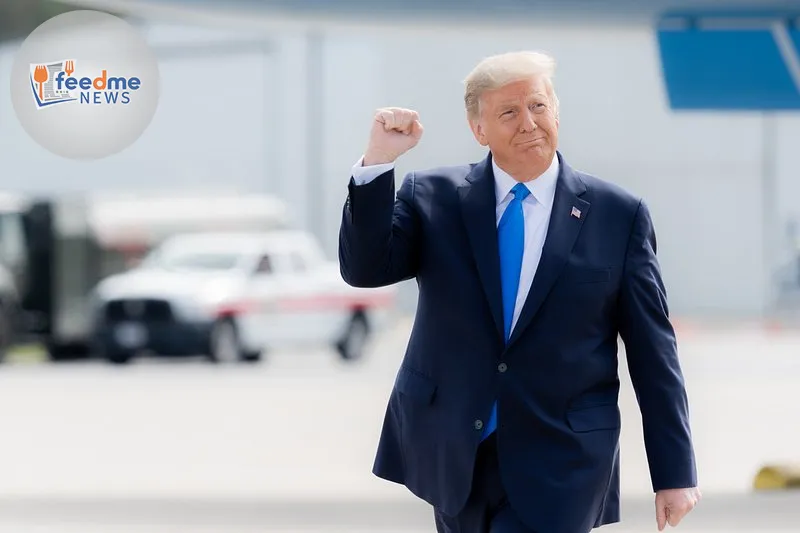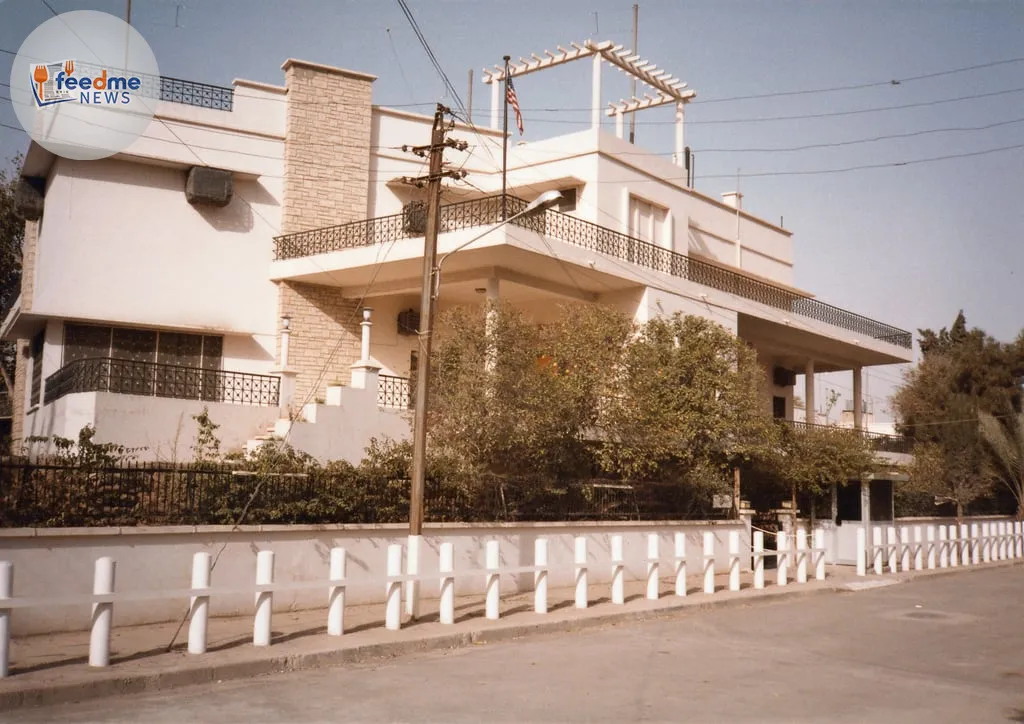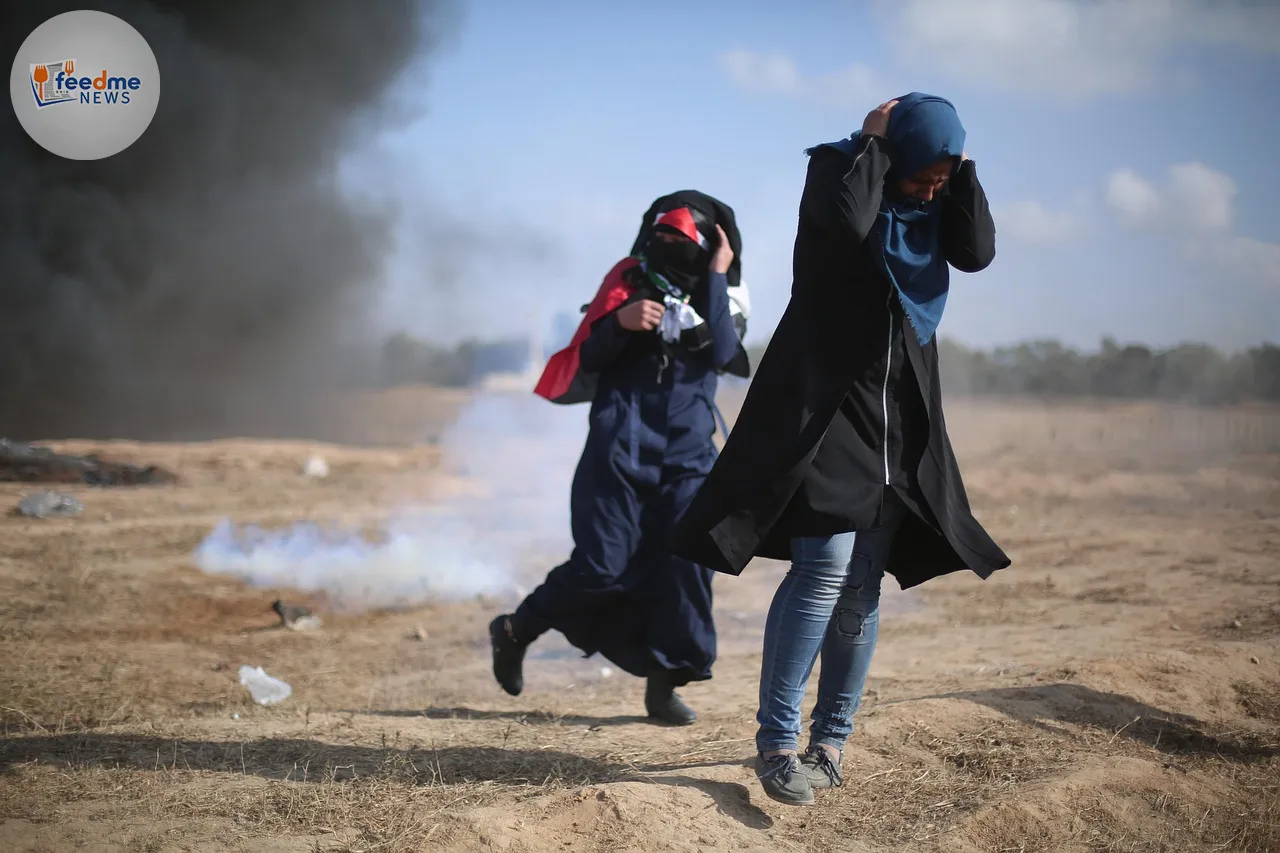Lead
Israel expects Hamas to release 20 living Israeli hostages on Monday morning, with the government set to free about 2,000 Palestinian detainees as part of a ceasefire push. The exchange comes as US President Donald Trump travels to the region, saying “the war is over” before departing for Israel and a subsequent summit in Egypt focused on Gaza’s future. Trump plans to meet families of hostages and address Israel’s Knesset before flying to Cairo for talks billed as a “peace summit”. The Guardian reported the expected release and Trump’s remarks, while the Washington Post said the president will meet families and speak at the Knesset before the Egypt summit. The developments mark a critical moment in negotiations and may shape how the conflict transitions into a fragile political phase.
Context and Timing
The expected releases were scheduled for Monday morning, 13 October 2025, local time, with coordination centred on Israel and Gaza. Trump is due to arrive in Israel shortly after the expected exchange and then travel to Egypt for an international meeting on Gaza governance and security.

Parallel releases aim to anchor a fragile ceasefire
Israel anticipates the release of 20 living hostages held in Gaza, with authorities preparing to assess their health and reunite them with families once formalities conclude. The Guardian reported that the exchange forms part of a broader ceasefire effort. Such operations involve high security, medical screening, and complex coordination across multiple agencies, and they often face last-minute delays. Officials have stressed the need for precision and calm as the handover approaches.
In return, Israel plans to release about 2,000 Palestinian detainees. That figure, reported by The Guardian, underscores the scale of the exchange and the political stakes on both sides. Previous swaps have had cascading effects, easing tensions for a period while also provoking debate over security risks and justice for victims. Rights groups and legal experts typically track these releases closely to monitor due process, rehousing needs, and community impacts.
Trump’s visit adds pressure and visibility to talks
The Washington Post reported that Trump will meet hostage families and address Israel’s Knesset before flying to Egypt for an international summit on Gaza. He framed his trip with the remark “the war is over,” according to The Guardian’s live coverage, a phrase that signals his intent to push for a durable end to active hostilities. The timing places the White House squarely in the middle of a sensitive phase, where diplomacy, domestic politics, and security needs intersect.
The visit aims to consolidate momentum behind the ceasefire and set parameters for next steps on Gaza’s governance and rebuilding. A presidential address to the Knesset carries symbolic weight at a moment that may redefine political red lines and coalition pressures inside Israel. It also serves as a message to regional capitals that Washington wants to move beyond battlefield dynamics and towards a managed political framework.
Egypt summit targets next steps for Gaza governance
Trump will head to Egypt for a summit focused on Gaza’s future, with invitations extended to regional and international stakeholders. The Guardian highlighted that attendance remained in flux as preparations continued. Talks are expected to cover security arrangements along borders, humanitarian access, reconstruction funding, and administrative oversight in Gaza. These issues have fuelled diplomatic contention for years and require coordination among actors with competing priorities.
The Guardian also reported that Trump questioned whether former UK prime minister Tony Blair would serve on a proposed “board of peace” to oversee Gaza’s governance. Blair’s possible role drew renewed scrutiny, given longstanding criticism of his leadership in the 2003 Iraq war. The discussion reflects a broader search for figures and structures seen as credible by regional parties and the international community, a challenge that has often stalled past efforts.
Human stakes remain central as families wait
For the families of the 20 Israelis believed to be alive and due for release, the coming hours carry both hope and anxiety. The Washington Post reported that Trump plans to meet some of these families during his visit. Relatives have pressed officials for clear information, medical support, and immediate access once authorities complete formal checks. Such reunions, when they occur, often come after months of uncertainty, heightening the emotional intensity of the process.
On the Palestinian side, the planned release of about 2,000 detainees represents a major shift with community-level effects. Families will navigate the practical challenges of return, including healthcare, employment, and reintegration. Advocacy groups typically call for clarity on who qualifies for release and for safeguards that prevent immediate re-arrest. Local leaders also watch for any conditions linked to the releases that might shape political dynamics and public sentiment.
Risks, safeguards, and the military backdrop
Ceasefires and prisoner exchanges rely on strict sequencing and verified compliance to hold. Mediators often insist on secure corridors, real-time monitoring, and agreed clocks to prevent miscalculation. Any breach or delay can trigger political backlash and security escalations. Authorities usually heighten alert levels along borders, roads, and key facilities during handovers, while humanitarian teams stand by with ambulances and support staff.
Analysts note that a single high-profile exchange rarely resolves deeper disputes. However, it can open channels for longer-term arrangements on security and governance. The proposed Egypt summit will test whether regional players can align on border controls, counter-smuggling measures, and a clear chain of authority inside Gaza. Without agreement on who administers services and security, aid delivery and reconstruction tend to stall.
Political signals shape public expectations
Trump’s statement that “the war is over,” reported by The Guardian, sets a high bar for the outcomes of his visit and the Egypt summit. Israeli leaders, Palestinian representatives, Arab governments, and international donors will watch whether the language of finality translates into enforceable steps. Public expectations can drive pressure on negotiators, but they can also widen gaps if practical measures fall short.
The suggestion of a “board of peace,” and the mention of Tony Blair’s potential involvement reported by The Guardian, shows how outside figures can become focal points. Supporters often argue that experienced envoys bring diplomatic muscle and donor confidence. Critics counter that past records and public perceptions matter as much as institutional design. The debate underscores the need for transparent roles and clear accountability in any governance plan.
Wrap-Up
The expected release of 20 Israeli hostages, paired with Israel’s plan to free about 2,000 Palestinian detainees, marks a pivotal moment in the Gaza ceasefire effort. Trump’s arrival in Israel, his planned address to the Knesset, and the Egypt summit that follows point to a push for a political framework to replace open conflict. His statement that “the war is over,” as reported by The Guardian, sets a bold tone that now faces the tests of delivery and verification. The Washington Post’s reporting on meetings with hostage families signals continued focus on the human impact and the need for practical support after release. As delegations gather in Cairo, the region will look for clear commitments on security, humanitarian access, and governance. The coming days will show whether political will and careful sequencing can turn a fragile ceasefire into a more durable path forward.






